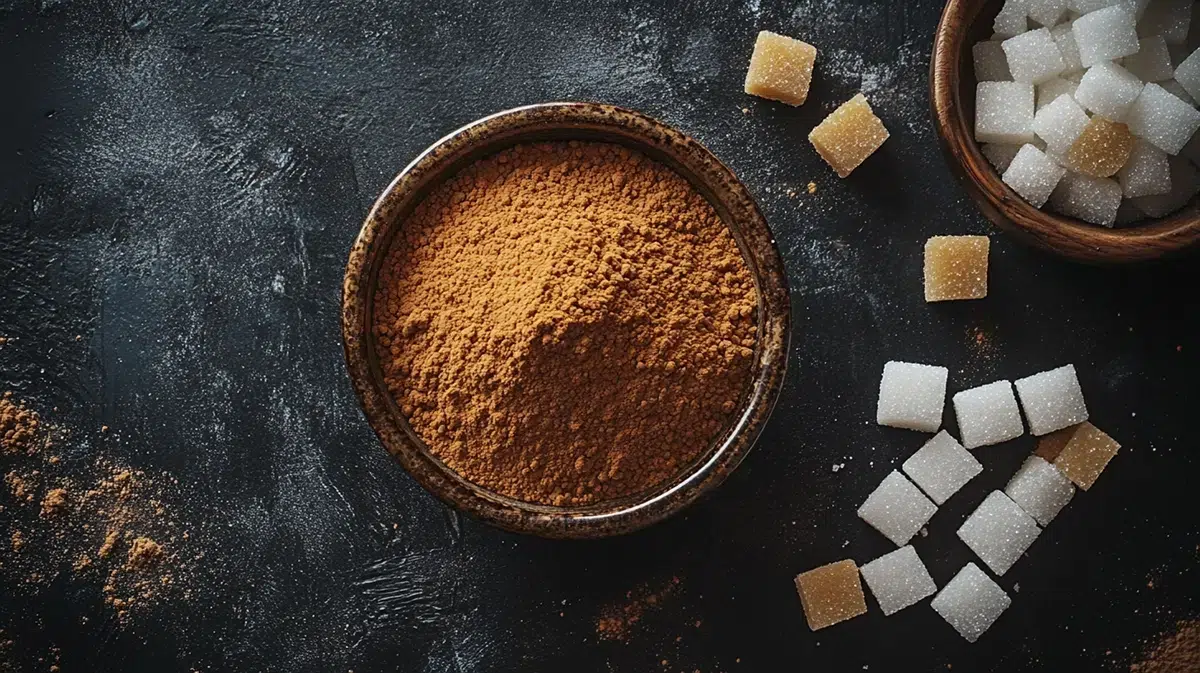Show summary Hide summary
- What are the health benefits of playing badminton?
- More information about badminton
- TOP 4 advantages of badminton
- What are the disadvantages of badminton?
- What is badminton? Definition and practical information!
- Other racquet and ball sports: improve coordination and agility with racquet and ball sports
- Discover the health benefits of other sports!
What are the health benefits of playing badminton?

Everything you need to know about badminton
What are the health benefits of playing badminton? Use the tool below to find out all the benefits of playing badminton and discover whether this sport meets your goals and expectations.
More information about badminton
Is badminton good for your health? Is it a good sport that’s accessible to everyone? Whether you’re a beginner or an experienced player, you’ll find a list below of the advantages and problems you might encounter when playing badminton.

TOP 4 advantages of badminton
Badminton is an intensive sport with many benefits. It allows players to :
- Badminton allows you to work on your cardiovascular system, endurance and breathing
- Badminton helps develop coordination, visual acuity and flexibility
- Badminton strengthens muscles and bones
- Badminton helps you learn to control your emotions and develop your mental outlook
What are the disadvantages of badminton?
At its most intense, badminton can be hard on joints and muscles. So it’s important to be aware of the risk of sprains, tendonitis and bruising. Badminton is not recommended if you have heart, respiratory or visual problems. In any case, if in doubt, it’s best to seek medical advice.
What is badminton? Definition and practical information!
Badminton is a racket sport with a shuttlecock played between two players in singles or doubles.
Similar physical activities were practised in China just over 2,000 years ago. The “battledore and shuttlecock” played in England in the Middle Ages was also an ancestor of modern badminton. A veritable institution in Asia, badminton is a dynamic, fun sport that can be played as a leisure activity or in competition, indoors or outdoors. Accessible to all ages, badminton requires (contrary to popular belief) excellent physical fitness.
Other racquet and ball sports: improve coordination and agility with racquet and ball sports
Racquet and ball sports are ideal for enhancing agility, coordination, and endurance. Often played in teams or pairs, they add a social and competitive dimension to your training. Explore these sports to diversify your physical activities:
- Tennis: Develop power and precision with this classic racquet sport.
- Basketball: Improve speed, endurance, and teamwork on the court.
- Football: Strengthen legs and improve coordination in this demanding team sport.
Everything you need to know about badminton
Discover the health benefits of other sports!
All sports in detail!




















































